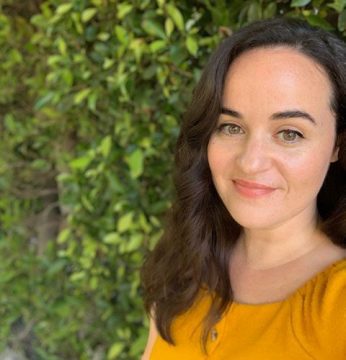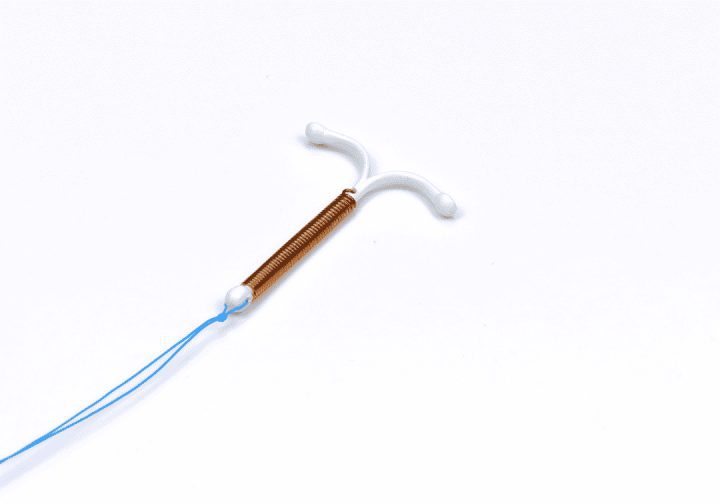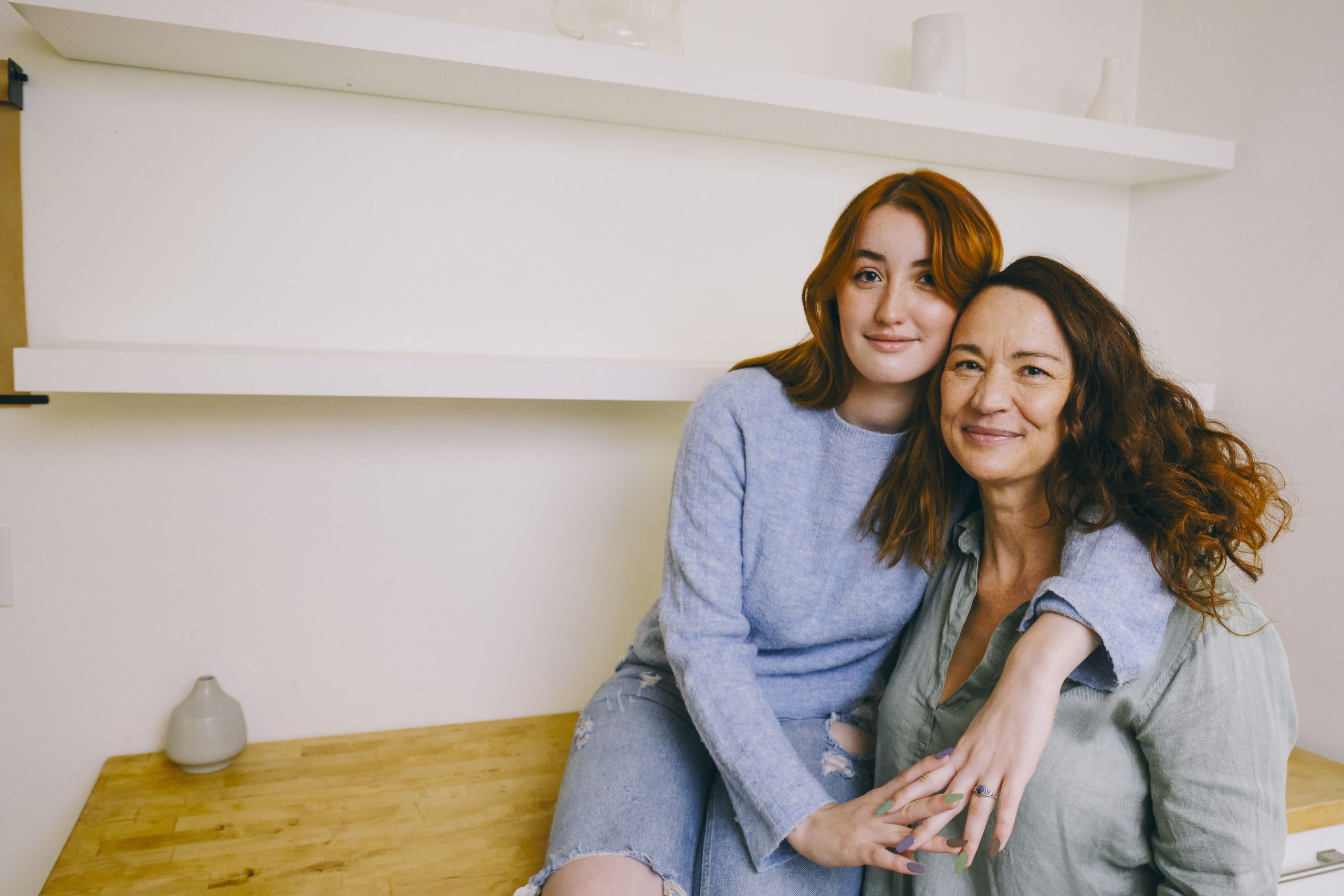During undergrad, I went on Isotretinoin (aka Accutane) to help with mild but persistent acne. Because of the risk of severe birth defects, my doctors insisted that I also go on The Pill. They warned me that Accutane frequently made people depressed. I went in monthly during the 6-month treatment, and each time they asked how my mental health was.Each time I said “fine”. The truth was, I was horribly depressed, but I was also horribly over having acne. I figured that it was better to power through the depression and get it over with. When I stopped Accutane my skin was great but I still felt depressed. I eventually went off of birth control and my skin went back to its pre-Accutane state, but my depression was gone. When I went to a new dermatologist during graduate school they suggested birth control would help with acne so I tried that. It’s probably no surprise to anyone that graduate school is hard…I was stressed, I was tired, I heard rumors someone was going to publish a finding before me, and on, and on. I was also incredibly depressed. Looking back on it, it feels obvious to me, but at the time it wasn’t as clear that what had actually changed was that I was back on birth control.
As I shared my experience, one-on-one with close friends, I realized that I was not alone…maybe not everyone had severe depression…others had different side effects. Not everyone’s experience was bad; sometimes their experience was great and they felt BETTER on birth control than off of it. Sometimes friends would be on the exact same pill and would have opposite experiences. Figuring out how I could help was not a light-bulb moment, but it was years of me doing precision medicine,using big data to solve complex disease, and learning about the medical research gender gap that finally made me leave academia and tackle this challenge that seems to continue to stay totally under the radar.




